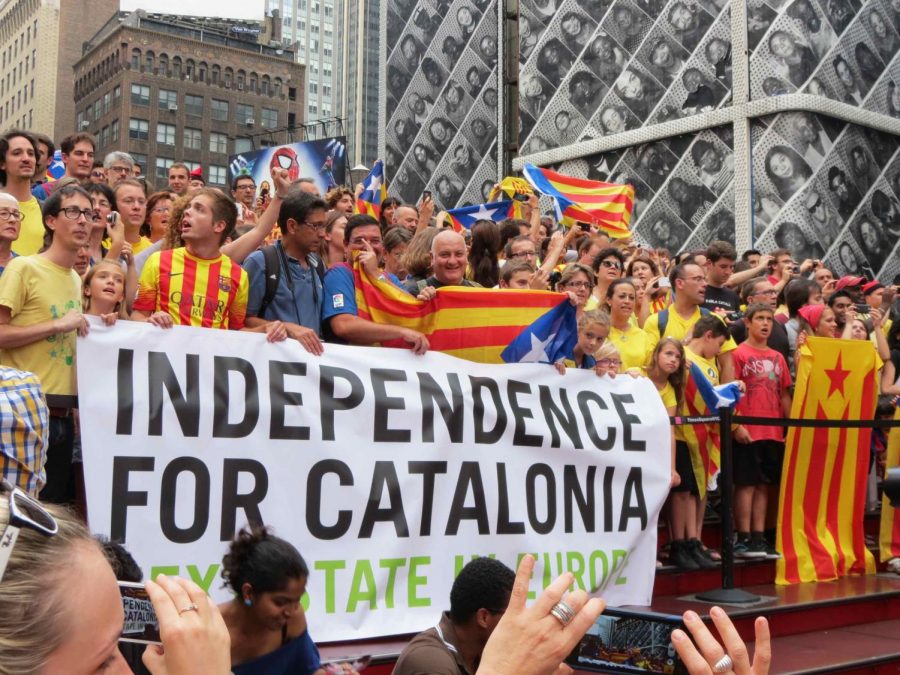Clash for Catalonia
On Thursday, Catalan’s go to the poll booths to vote in a key election for a new regional government that could determine if their province breaks away from Spain. Last Sunday, Spanish Prime Minister Mariano Rajoy made a uncommon campaign stop in Catalonia. Regardless, his party’s chances at the election seem sublime, although the Prime Minister believes that unionist coalitions might be able to stop Catalonia from seceding.
The police crackdown during and after the October 1 referendum resulted in resentment that such violent acts of suppression were taking place in today’s Europe. The response from police added momentum to the independence movement argument that Madrid works to oppress Catalonia’s people. Afterwards, the Spanish government ruled that Catalonia’s October referendum was illegal, as authorities arrested specific secessionist leaders on charges of rebellion and officially disbanded the Catalan Parliament.
This anger is not without reason, as in 2010, the Popular Party, which now rules the nation’s government, opposed Catalonia’s status as a country within Spain in the Constitutional Court. Eventually the PP won that case and later came to power, shaving off the regions powers. The party has nullified a multitude of laws passed by the Catalan Parliament, reportedly even a ban on bullfighting, stating that the Parliament had no authority over that provision as it served as a threat to Spanish culture. As a result, the independence movement picked up steam after that 2010 case, which mixed with the turmoil of the country’s crippled economy following the global financial crisis. Several have argued that Madrid would have been more better off simplifying permitting the referendum. As the PP would have gotten what it had if it had insured that there were more than just two options on October’s ballot.
Before the change in political winds, only about 20 percent of people supported the provinces independence when provided four options of degrees in autonomy, as is reported by Catalonia’s Center for Opinion Studies. In 2013, the level for support reached to 49 percent, though recently has decreased to 40 percent with the options provided. Regardless, when people were given the simple dual choice on independence, 48.7 percent state that they want Catalonia to split from Spain, while 43.6 percent do not want to secede; the rest being undecided. Though, polls can be wrong.
Nonetheless of who wins the majority of seat on December 21, the importance of which direction the province’s next ruling party wishes to take is another matter entirely.



